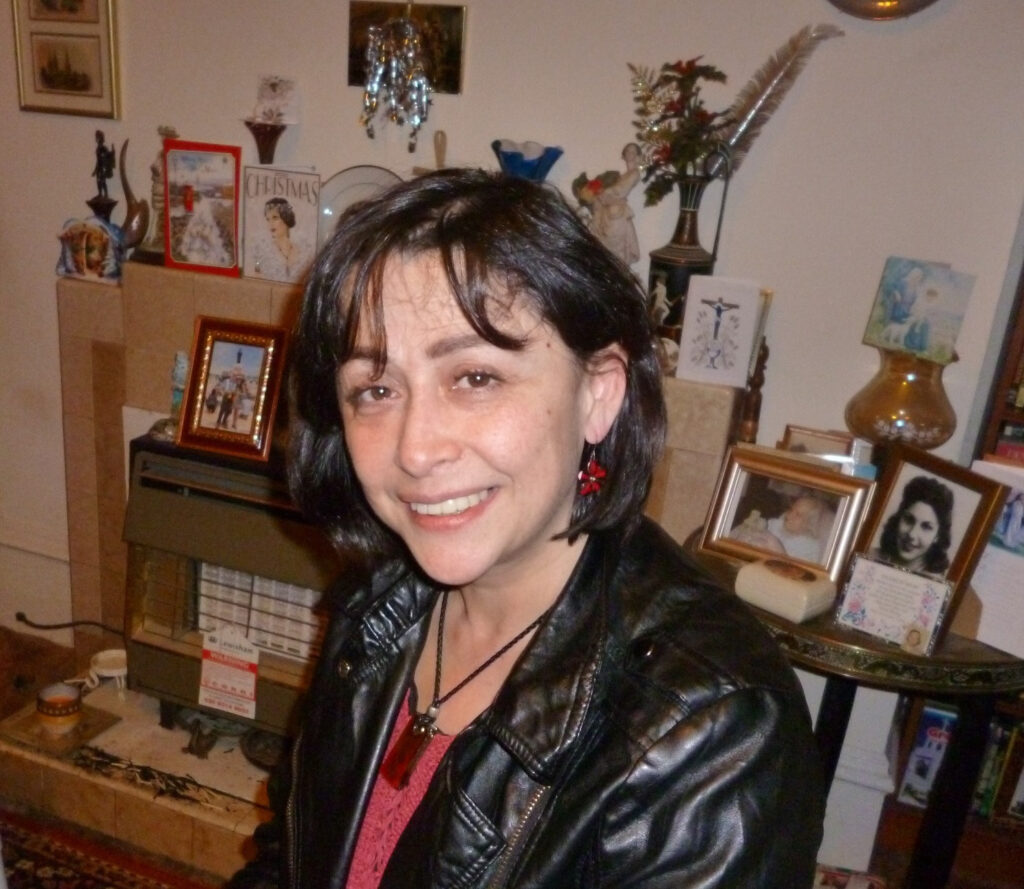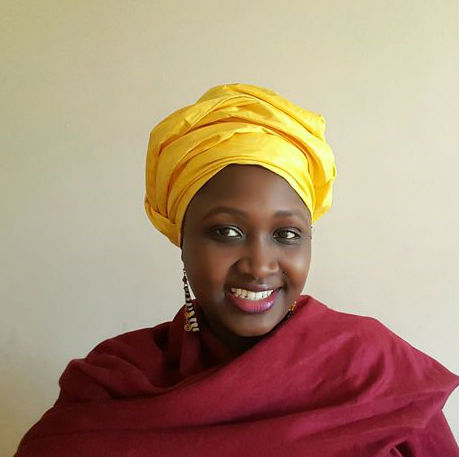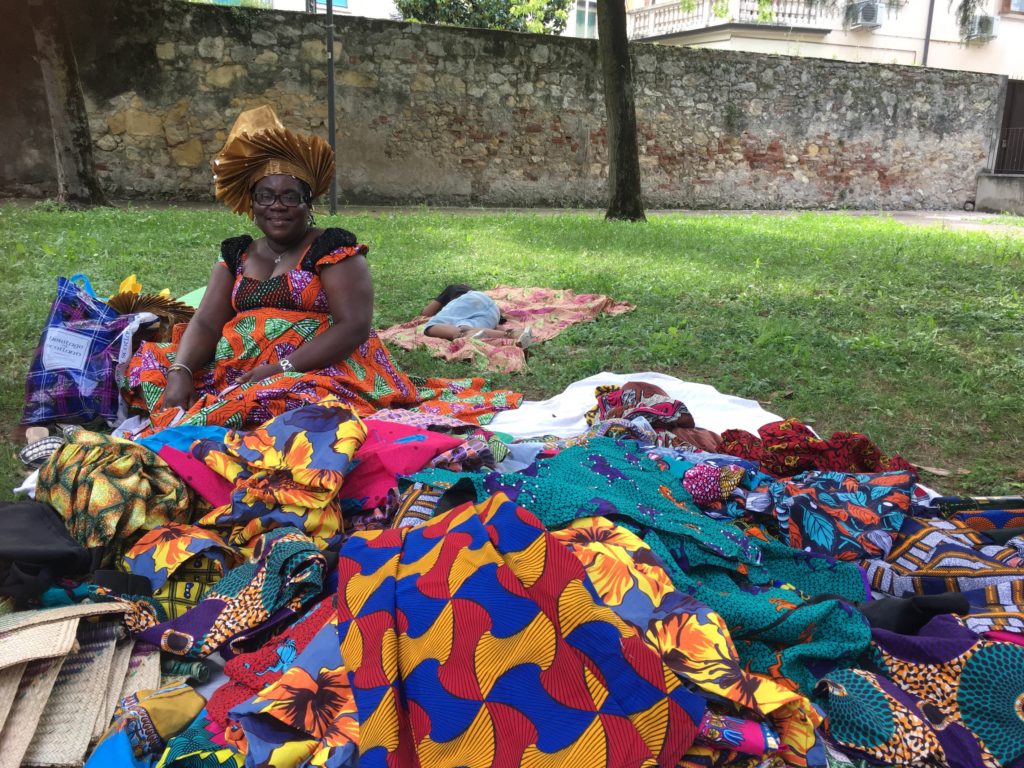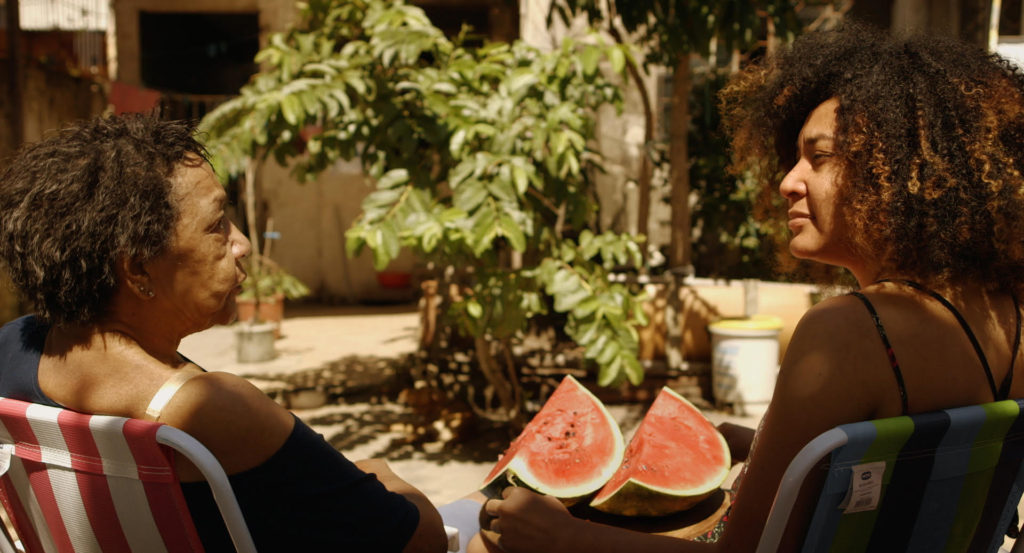Surviving childhood abuse, Amaranta turned her pain into purpose, finding her voice to uplift others who, like her, had once suffered in silence. Her life now is a testament to resilience, inspiring strength and hope.
Written by Mónica del Pilar Uribe Marin
⚠️Trigger Warning: This article contains accounts of rape and child abuse.
It was early morning when knocking on the door woke Amaranta*. From her room, she heard the anguished voices telling her grandmother that they had found her son’s blood-stained clothes and that he was missing. Later, in one of the town’s streets, they discovered his lifeless body. While the old woman broke down in tears, Amaranta kneeled down and silently thanked God. On the same day as the funeral, there was a party at her school, and she spent the morning dancing. Then, she attended the memorial service. She was happy.
Trapped in her painful experiences, unknown to anyone, the 12-year-old girl was secretly celebrating the death of the man who had sexually abused her for as long as she could remember: her uncle.
He lived in the same house as her grandmother, where Amaranta also lived with her younger siblings. He ignored her during the day, but at night, when everyone was asleep, he would furtively enter her room to commit the unspeakable crime. No one suspected he repeatedly raped his niece. He was considered charming and a good person by everyone.
The situation wasn’t easy to change: her mother and father had married young and separated soon after she became pregnant. So, the two had to move into the home of Amaranta’s grandmother. They were very poor, so her mother worked as a house cleaner in other cities and only returned at the end of the year.
Amaranta endured a childhood filled with daily torment: rape, humiliation, psychological and verbal abuse, and threats to maintain her silence.

Desperate, she couldn’t take it anymore. When she was eight years old, she decided to tell her grandmother what was happening. Her grandmother became extremely angry, called her a liar, and told her that no one would believe her and that she would make her mother beat her. And so she did: her mother didn’t believe her and beat her up.
Amaranta never spoke about it again and became sad, distrustful, and insecure. It fuelled her anger and her submissive nature, and she was an unhappy child.
Deprived of a normal childhood and her family being very poor, at the age of 10, she assumed the responsibility of caring for a family’s young children for over a year and a half. Left alone with the children until their parents returned, she was paid weekly, with her grandmother managing the money. Amaranta didn’t keep anything, but she was happy she didn’t have to stay at home.
Following her uncle’s death, Amaranta attempted to bury her traumatic past and avoided being at home as much as possible. However, as adolescence approached, feelings of guilt, submissiveness, and distrust began to grow, particularly towards men. In her own words, she lived in a “black hole”, battling deep depression and making multiple suicide attempts. The scars of her abuse remained deeply ingrained.
At 15, after moving to another city with her mother and her mother’s new partner, she attended high school and took a job selling lottery tickets. When she was about to turn 18, Amaranta joined a hospital as a nursing assistant, working double shifts. It was a way to spend as much time away from home as possible. She didn’t want to be there, as her mother didn’t treat her well and never expressed joy at having her in her life. Her relationship with her father was different; he was very affectionate when they saw each other, but this did not happen often.
Five years passed until her love for an Englishman led her away from her Latin American nation in which she never felt welcome, loved, or happy.

Migration, healing, and forgiveness
Her desire to migrate was rooted in painful memories, experiencing great poverty, and feeling unwelcome at home.
So, emigrating to the UK was an opportunity for Amaranta to find love, have children, make new friends, and reinvent herself. She began to study English, cared for the elderly and disabled, and earned an Access to Higher Education diploma. Then, after five years of marriage and becoming a mother, she pursued a nursing degree, a profession she continues to practice. Her relationship with her mother improved significantly over the years, and she strengthened her bonds of affection with her siblings.
After 12 years of marriage, Amaranta divorced, but she and her ex-husband preserved a friendship to ensure their children did not suffer the consequences of separation as she did in her childhood.
Recounting the pain
After two decades on British soil, Amaranta shares her story with someone other than her psychologist and her support group for sexually abused women. She does so with me amidst the occasional silent cry that accompanies certain fragments of her almost three-hour testimony. Before starting, she mentioned feeling nauseous, possibly due to sharing her story publicly for the first time, albeit anonymously.
“Maybe it’s about expressing my feelings about everything in my own voice, telling my story, and the fear of being judged. It’s in my subconscious because the child Amaranta was always blamed, and even as an adult with a conscience, that feeling remains. Not believing that inner child, she was blaming her for what happened.”
But Amaranta, now in her 40s, is a confident woman who loves herself and is grateful for life. “I am happy. If I am in a situation where I don’t feel comfortable, I say so. Nothing forces me to stay where I don’t feel at ease. It makes me happy to try to help others and, if I see an injustice, to speak up. I am like an advocate. When someone is voiceless then I try to speak up for that person”.
She does this through volunteering in various community organisations, providing emotional support, or as a nurse, counselling patients, especially those with children or who have experienced abuse.
She feels a sense of duty to support vulnerable immigrants who have faced sexual abuse or any kind of violence. Amaranta has helped girls who have been abused and raped, offering guidance and advice without disclosing her own experiences. She aims to empower them and direct them to the appropriate organisations for help.

The Journey to healing
Her journey to this point was focused on self-improvement and healing the wounds of her past abuse. While she initially sought therapy in her Latin American country, she found a more structured healing process in England. Amaranta explains that when she had her children she wanted to go to more therapy: “I didn’t want my experience to affect the way I was raising them. I also didn’t want my children to experience what I had experienced, or for someone else to do it to my children’s children, or for my children to do it to someone else. That’s why I decided to go on this healing journey.”
She has undergone various types of therapies, including meditation, regressions, neuro-linguistic programming, painting therapy, emotional healing therapy, and constellations. “Name a therapy; I’ve done it for sure.” In fact, these therapies helped her overcome her constant anxiety about something happening to her children and inspired her to become a volunteer.
It was an intense five years of treatment, but she still participates in some group therapies in person or online.
Pain and forgiveness are key aspects of her journey and her battle. She pauses and says: “I don’t know why there was this pain. I never asked myself; I just know it was there. Now I can go to that space, and yes, there is some pain left, but it doesn’t have the power to paralyse me.’
Love has allowed her to manage the pain, as well as to see the episodes of the past as an experience, thanks to which she has all “the knowledge I have today and to be able to embrace those shadows, embrace those fears”, and she has the tools to help others who are in crisis.
And of forgiveness… “Forgiveness has many faces: forgiving myself for wanting to commit suicide, for blaming myself; forgiving him; forgiving the situations; forgiving all those who were there at the time.”
Today, what brings her the most joy is helping others, spending time with her children, and lovingly guiding them. She also finds happiness in living in England and envisions herself walking the streets of London in her old age.
Amaranta sighs and then says with a smile: “It’s been a difficult journey to get here, yes, but I say: it can be done.”
*Name changed to protect the subject’s story, identity and that of her family.
Feature image: Jean Alves at pexels.com
If you or someone you know is in immediate danger or in need of urgent protection, call the police on 999.
For more info on where to find help, click here.

Mónica del Pilar Uribe Marín is a journalist specializing in immigration, environment, human rights, and politics. She is the founder and director of The Prisma – The Multicultural Newspaper and recipient of the UK’s 2022 “International Reporting of the Year” award. A board member of the Independent Media Association (UK), she has authored and co-authored books and worked as an editor and journalist for various national and international outlets. She also founded Prisma magazine and was nominated for Colombia’s National Journalism Award for ‘Best Contribution to Colombian Journalism’.



